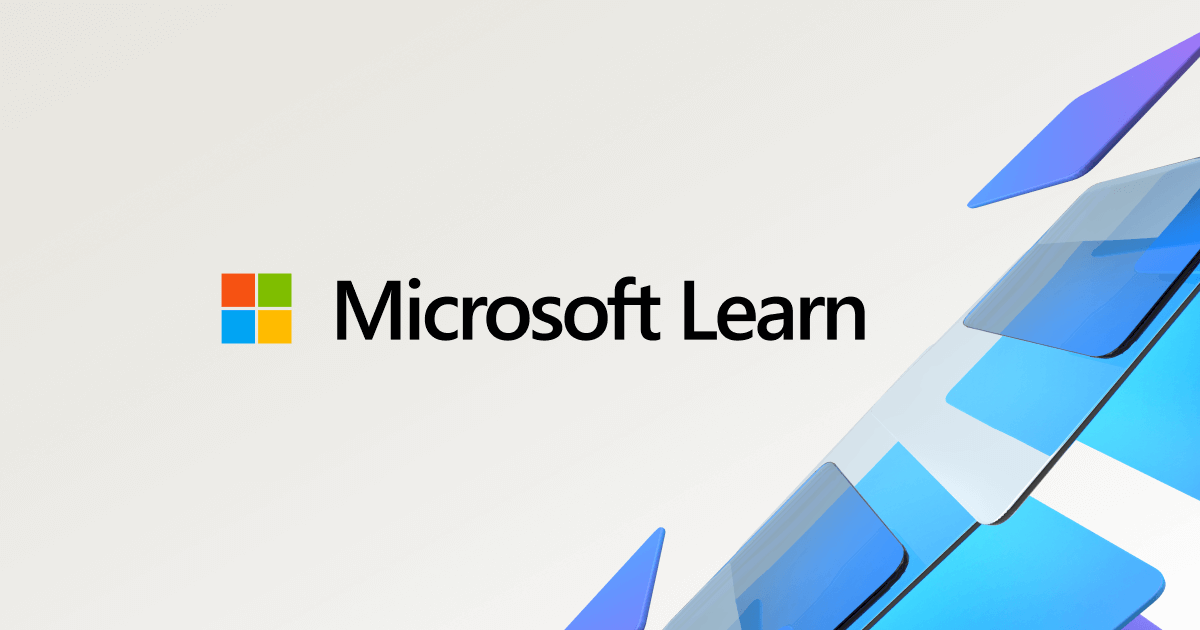TheLostSwede
Very Senior Member
It looks like Microsoft is about to get tough on network security in Windows 11 and beyond killing off support for SMB1, the company also wants to block access to routers with USB storage, unless they support cryptographic signing. The same seems to apply to NAS devices too and according to Tom's Hardware, Microsoft wants feedback on the issue.

 www.tomshardware.com
www.tomshardware.com
Pyle explains that Microsoft would like to know if users have routers with USB ports and NAS units that do not support SMB signing. He says, "If you have a third-party NAS device that doesn't support SMB signing, we want to hear about it. Please email wontsignsmb@microsoft.com with the make and model of your NAS device so we can share it with the world and perhaps get the vendor to fix it with an update."

Windows 11 24H2 may block connections to unsecured third-party NAS devices — Microsoft enables SMB signing for enhanced security
Better late than never, Microsoft disabled two protocols by default which will secure over a billion PCs and NAS



